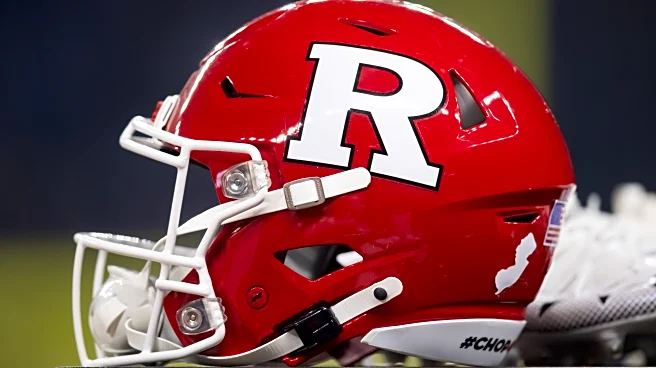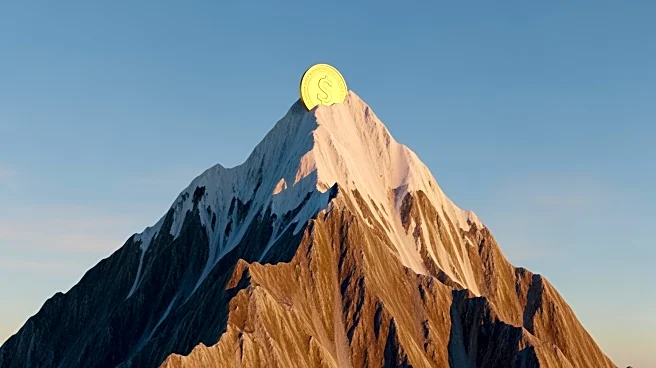What's Happening?
Indie rock, originating in the late 1970s, has become a significant cultural force in the music industry. The term 'indie' initially referred to artists producing music independently of major labels, allowing for more authenticity and experimentation.
Over time, indie rock has blended with other genres, such as punk, grunge, and alternative, creating genre-fluid artists like The White Stripes and Young the Giant. The genre's growth in the 1980s and 1990s was influenced by the punk rock movement and the Seattle grunge scene, with bands like Nirvana gaining attention. Today, indie rock encompasses a wide range of styles and influences, reflecting its diverse origins.
Why It's Important?
Indie rock's cultural influence is significant as it represents a shift towards more authentic and expressive forms of music. The genre's emphasis on experimentation and individuality challenges mainstream music norms, offering an alternative for listeners seeking genuine artistic expression. Indie rock's growth has influenced other genres, encouraging more diversity and innovation in music production. The genre's impact is seen in its ability to connect with audiences on a deeper level, fostering a sense of community among fans who value authenticity over commercial success.
What's Next?
As indie rock continues to evolve, it is likely to influence other music genres, leading to increased experimentation and innovation across the industry. The genre's focus on authenticity and emotional expression may inspire artists in other genres to adopt similar approaches, challenging mainstream music norms. Indie rock's growth could also impact the way music is marketed and consumed, with fans seeking out more personalized and niche musical experiences.
Beyond the Headlines
The cultural influence of indie rock raises questions about the definition of genres in the music industry. As genres become more fragmented, the lines between them blur, challenging traditional categorizations. This shift may lead to a reevaluation of how music is classified and marketed, with implications for artists, record labels, and streaming platforms. Additionally, the rise of indie rock highlights the role of technology and social media in shaping music trends, as fans increasingly discover and share music online.
















